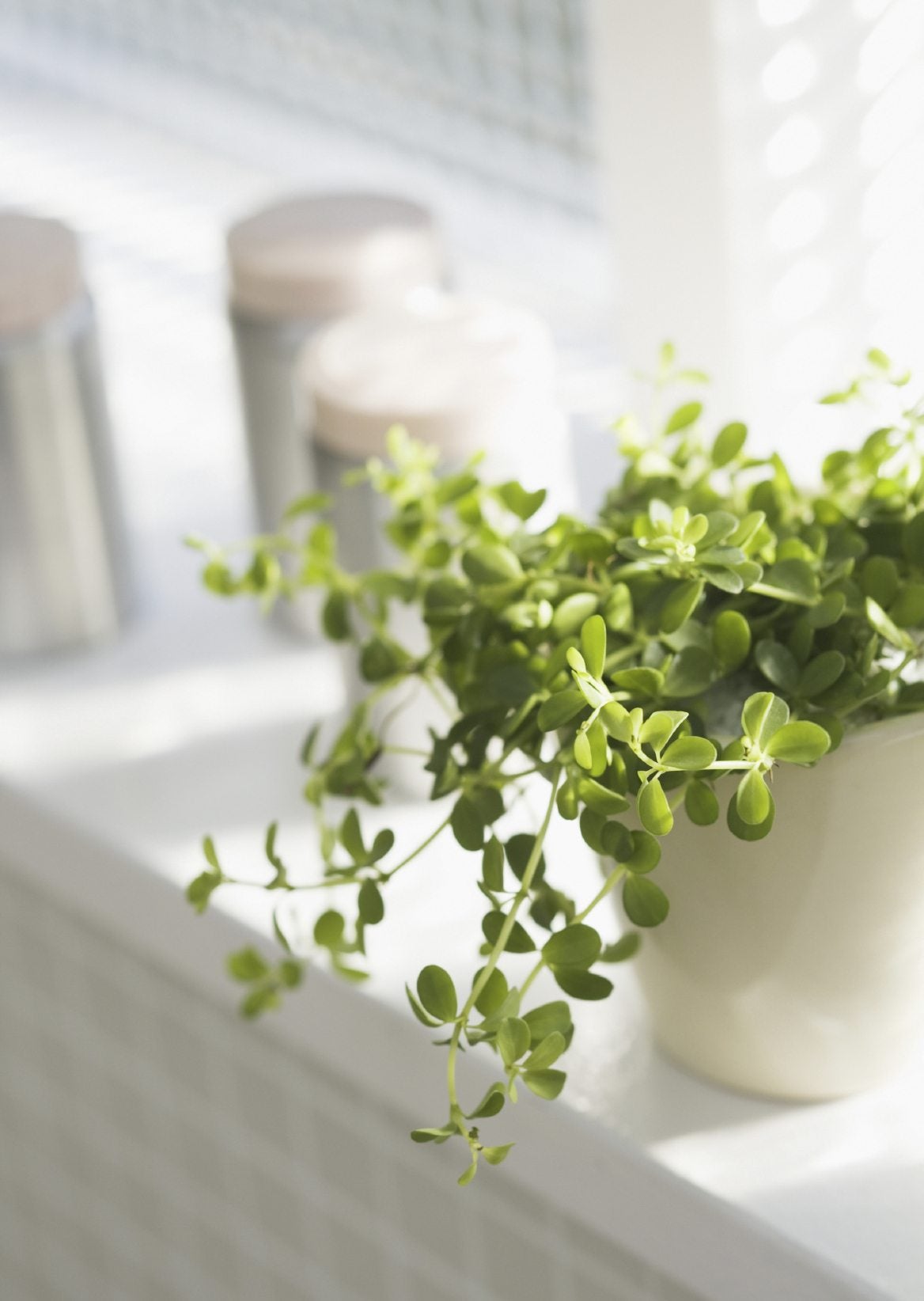Where To Put Houseplants In Your Home


Plants can withstand warmer or colder climates and more or less water than they need for short periods of time. If you expect them to thrive, however, you need to be sure to place them where they need to be in order to obtain the climate, water and nutrients required to survive. The location you put them in should be as close as possible to their natural habitat.
Where to Put Houseplants in Your Home
In most cases, the living room is where you spend the greatest amount of your time. This is the room, therefore, that you would choose to decorate with plants. Light, temperature and humidity play major roles in the lives of your plants. You should first determine the quality of light in every location where you might put the plants. You probably should not rely solely on your eyes either for this. You might feel there is enough light because you can read, when in reality it might not be enough light for your plants. You need to also remember that light quality is not always constant. At one time, with the sun, the room has bright light. At night, when you have the lights on, you might believe it's the same light, but it's not as bright as sunlight. Further, summertime in one room is not the same king of light as winter sunlight. Temperature is just as important. If you give a plant the correct lighting, generally they are also getting the necessary temperature. The problem with temperature is that in unheated rooms in the winter the temperature can drop too much for your plants. Kitchens are often overlooked as a proper place to put plants. But constant temperature and higher humidity often cause plants placed here to simply thrive. You can put herbs on the windowsill and blossoming summer plants and hanging planters can be placed around to simply decorate the kitchen. In a bathroom with good natural light, ferns do especially well. A light, cool bedroom that is heated in the winter is ideal for plants that need cooler temperatures in the winter. Some plants that would do well here are:
- Grape ivy (Cissus)
- Fatshedera (x-Fatshedera lizel)
- Schefflera (Schefflera)
- Indoor linden (Sparmannia africana)
Dust-free halls and stairwells are perfect for those larger plants that can no longer fit on a windowsill. These places are also great for winter quarters for tub plants and those that require a rest period at a lower temperature. If you live in an apartment building, you could always ask a landlord if you can put your plants out in the hallway for the winter. There are some plants that literally enjoy being placed in a corner. They originate from cool mountain forests of tropical and subtropical regions. You can give them a little light here and there. Plants that like this include:
- Cast iron plant (Aspidistra elatior)
- Fuchsia
- Ivy (Hedera)
- Cretan brake fern (Pteris cretica)
- Baby tear's (Helxine soleirolii, syn. Soleirolia soleirolii)
Plants from the higher mountain regions with warmer climates thrive in light hallways and stairwells or on glassed-in balconies. These plants don't mind direct sun once in a while and appreciate a period on the balcony or patio outdoors. Examples include:
- Flowering maple (Abutilon)
- Porcelain berry (Ampelopsis brevipedunculata)
- Norfolk Island pine (Araucaria heterophylla)
- Sapphire flower (Browallia)
- Campanula
- Citrus trees
- Euonymus japonicus
- Fatsia japonica
- Grevillea robusta
So, figure out where to place your plants, what type of environment you can create for them, and go for it. There's nothing more enjoyable that a beautiful display of plants that you have reared yourself.
Sign up for the Gardening Know How newsletter today and receive a free copy of our e-book "How to Grow Delicious Tomatoes".

Heather Rhoades founded Gardening Know How in 2007. She holds degrees from Cleveland State University and Northern Kentucky University. She is an avid gardener with a passion for community, and is a recipient of the Master Gardeners of Ohio Lifetime Achievement Award.